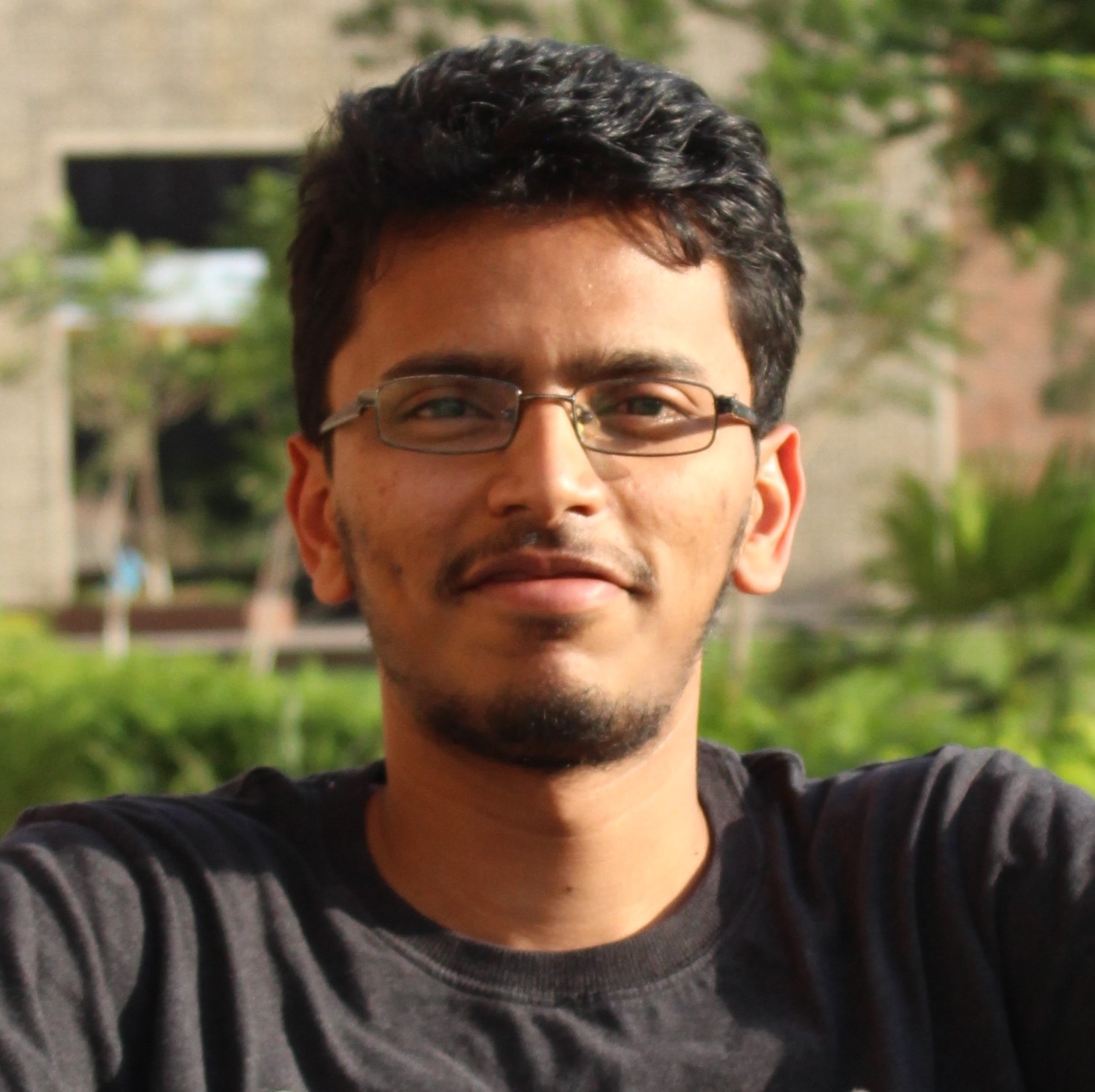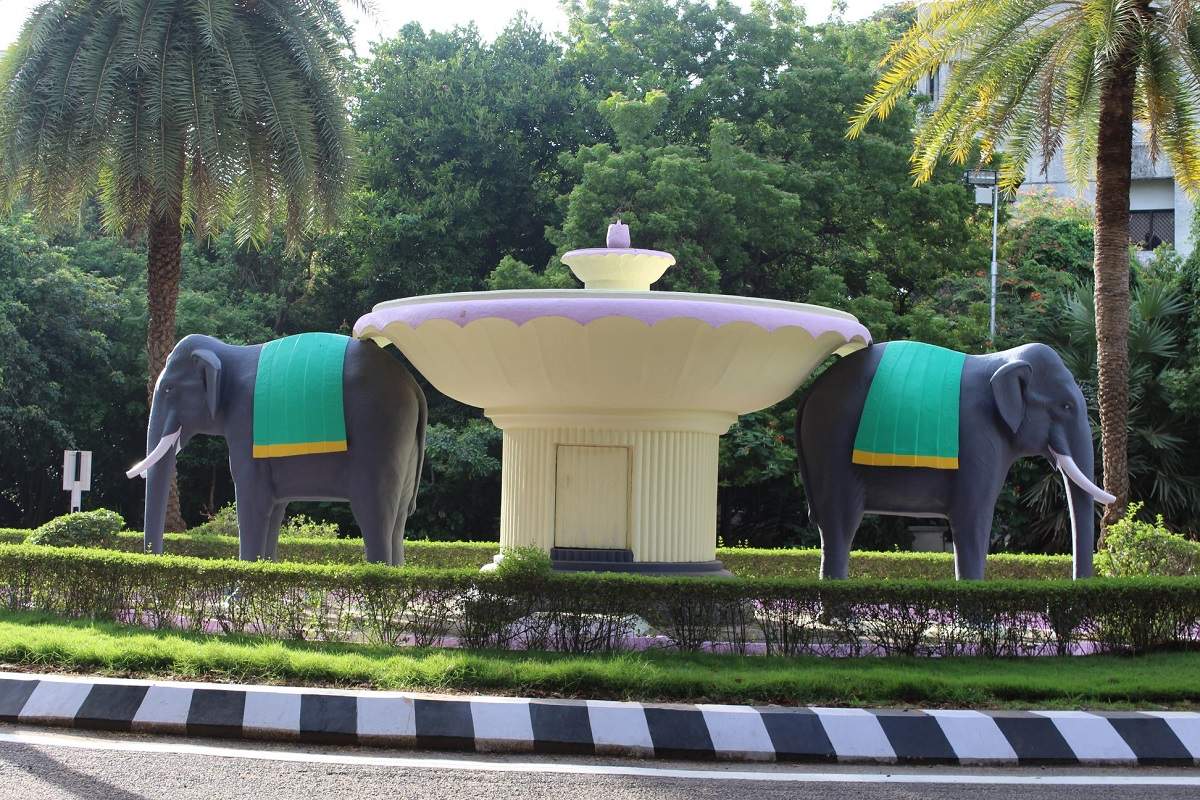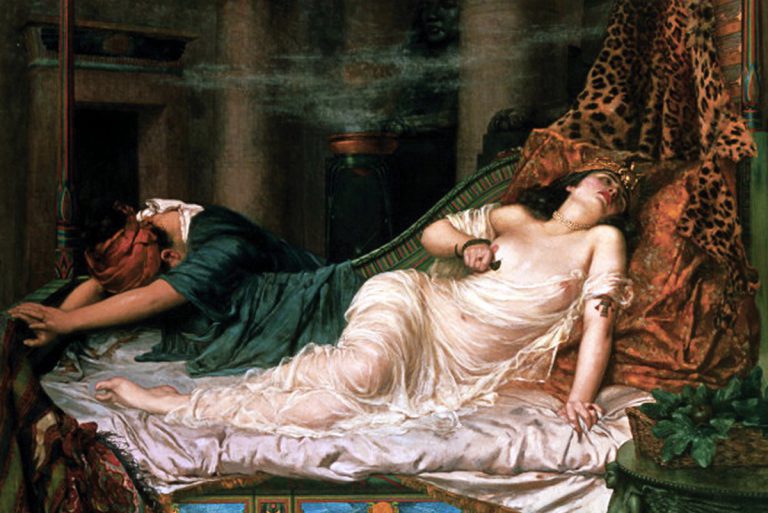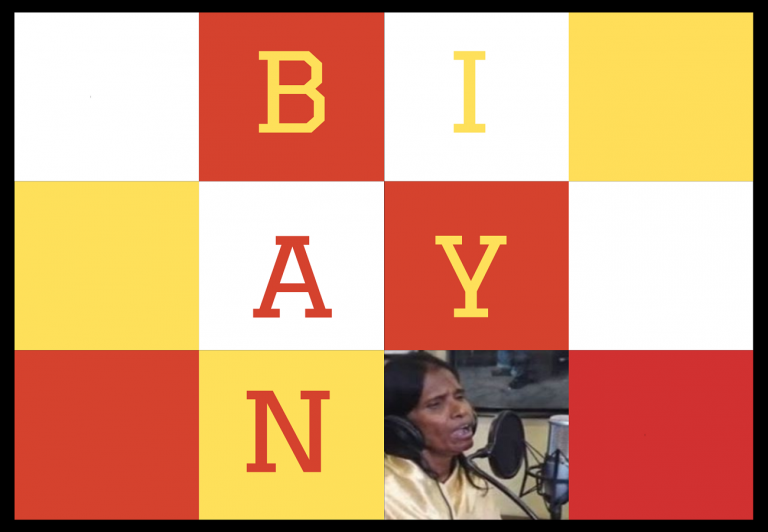How Meritocracy traumatized Justice at IIT Madras

Srinath Rao is the Founding Editor of The ArmChair Journal, with experience working in political and public sector consulting.
I joined the Bachelor of Technology program in Civil Engineering at IIT Madras in 2009. It was around a decade ago. Today I write this as I feel my past at IIT Madras betrayed me. What I am going to narrate is a story of me within a group of my friends. The story I would weave is based on selected incidents that reflect the invisible caste dynamics at play. Just because they are chosen, does not mean I have also filtered such events that nullified my observations. I selected them because they served the context of throwing light on the hidden caste dynamics. My attempt is not to mud sling on a reputed institution, but to reform it towards better.
A common thread in all the incidents I would share is that I was ignorant of the play of caste in them. While I was a casual observer in some, I participated in making them possible in the rest. I was too innocent and uneducated on these matters. Had I not attended universities other than IIT Madras, I believe, I would not have made these observations looking back at my past. The betrayal of my past would have been buried beneath my ignorance. In the narration, I will not use the names of my friends involved in these incidents. This story is also possible because many of my friends from the civil engineering department who were allotted the Mandakini Hostel were from marginalized backgrounds of Scheduled Castes and Scheduled Tribes. I hail from a community categorized under the Other Backward Classes- being in the middle made me a partner of both meritocracy and justice.
George Floyd’s murder by the privileged classes in the United States served as the trigger to share these experiences.
It was around August 2009 that the institute called us for the orientation, to be followed by the classes. My father accompanied me along with a few food items I packed from home. We reached the CMBT bus terminal at Koyambedu, Chennai, and took a public bus to the institute. I was allotted a double room, along with two other students. One of them was from Mumbai, and the other was from Hyderabad. Though the room was large enough to accommodate three students, the institute was perhaps adjusting to the increased intake of students, as it allotted three students for a double room. The intake was perhaps growing due to the implementation of OBC reservations in higher education. Reservations were to be implemented in three phases: 9%, 18%, and finally 27% in three consecutive years starting from 2008. With my father’s help, I set up the hostel room with necessities for hostel life. I remember he stayed at the campus for a week and then left for my home in Telangana. While it was supposed to be a great feeling of accomplishment, the atmosphere appeared unfeelable. I could not relate to it much.
IIT Madras was a distinct society in itself. While it borrowed a popular term ‘macha’ from Tamil, the campus had its lingo, and a culture different from the outside. It was dominated by ‘gults,’ students from the erstwhile Andhra Pradesh. The rules of the institute prohibited Ragging, but the practice was common. The administration was strict though. Now and then, we heard of incidents where complaints were taken seriously. The informal culture of the institute had a ‘cool’ perception of Ragging. It also took pride in a fact or a myth that said Ragging started at IITs and looked at this cool stuff as a great contribution to higher education. Probably because, whatever Merit did was great! The importance of Ragging was so much that a ‘nick’ was generated during these sessions. Existence of a nickname meant a life of higher dignity that ensured more authenticity as a student on campus.
Conducting ‘Intro’ of the freshers was a common practice during Ragging. Needless to mention that these sessions would see the freshers doing wild and weird things. Seniors self-impose the responsibility on their own selves, as a tradition, to guide the freshers through procedures at the university and also help them in making sense of things. When I burst into tears at one of my Ragging sessions, the senior shared his wisdom with me that these sessions were essential to develop rapport between freshers and seniors. This rapport was required for freshers so that they can reach out to seniors in times of need. During these ‘Intro’ sessions, seniors also get to know about many things about freshers, like our sexual fantasies, our favorite actresses, why we liked them, and so on. They would also get to know about our JEE rank and our caste. Sorry, ‘category’ it was called. The way each category was perceived was different. At the crux of it was Meritocracy- that looked at the pursuit of justice as an impediment to the pursuit of excellence. Since I was from the OBC ‘category’, I used to receive different reactions ranging like “These new OBCs are worsening the campus” and “OBC is as good as General category, nothing to worry.” SCs and STs were deemed to be unworthy of any comparison with the ‘meritorious’.
IIT Madras had excellent facilities, and it appeared as if it only required the right intentions to make the most out of them. The fault was the student’s if she did not make use of them. One of my friends, from the SC category, used to share his JEE rank with us whenever a slight possibility of it arose. The first semester passed, and grades were released during the winter vacation. After the results were announced, he told me that he cleared all the courses. After a while, grade cards were issued to students. Some procedures were needed so that students who failed in any course could prepare for clearing them. This friend of mine shared it with me that he did not understand how the grade card showed a ‘cup’ (IIT Madras lingo for failure), while he earlier noticed online that he had passed the course. He was visibly frustrated at this irregularity. PH102 was a nightmare for many students. Some students also took 8-9 attempts to clear the course. We later realized that the JEE rank he used to share with us was fake, too, like how he passed the course during the winter vacation.
Slowly the ‘n-4’ rule knocked our doors. The rule would not allow those students from enrolling in the nth semester if they did not clear all the courses of ‘n-4’ semester. The rule came in the fifth semester. But for our batch, it was applied a semester earlier with a logic based out of goodwill. There would be a non-effective semester that prevented unnecessary delays, and allowed clearance of backlogs before the rule was applied. Only time would tell how it was going to work.
Every hostel had its own body governing certain aspects related to general maintenance across cleanliness, garden, mess, sports, social activities, and so on. Mess Secretary was one of the least in importance, and I was elected unopposed, for none valued the position. During that year, the mess contract was given to a caterer who quoted unimaginably cheap rates and also delivered pathetic food. The caterer was not even able to serve good curd, and that made the judgement easier. While there were anxieties that students would organize together against this, I quipped with my friends that most of the mess problems were due to SC/ST students, so as to counter the general criticism sarcastically. They ate tons of food unapologetically from the mess everyday, and used it more than the others. My prejudice was that they ate in mess as they were obsessed about cheaper things, rather than appreciating that they could not afford elsewhere. Since the canteens like Gurunath were made use of by relatively more affluent students, students from poorer backgrounds availed these facilities more. Hence, my statement was factually correct. However, it was an misattributed remark because it was not a choice made by them.
Time progressed, as it does. When my neighbor from the general category woke up at 2 pm, I guessed he was doing something either ‘cool’ or ‘worthy’ last night. Whenever I saw a student from the marginalized community wake up at 12 pm, I thought there was a need to reform. Some students were lazy, after all, and deserved my judgment. Every time they used the computer facility, I felt a seat was wasted as they would use it to browse Facebook or Orkut (those days). Every guest lecture I attended boasted the campus of its merit. Every time it happened, someone felt reminded of their caste, undeserving, and left out. Later, the administration would informally provide options to the parents of marginalized students to enrol in an average university, with their recommendation. Some students could not even think for themselves, after all. Even the number of courses they did in a semester was decided by the administrators.
During the sixth semester, there were also discussions about using different colored plates for vegetarian and non-vegetarian food being served in a mess. The ‘food court’ decided to serve vegetarian food in white plates and non-vegetarian food in yellow plates. It did not occur to me that all plates are washed after every usage- wiping out anything that was eaten. I was in total agreement of it and insisted on the caterer making the provision as early as possible. I felt the plates used by non-vegetarians would make the vegetarians uncomfortable. Maybe I missed the fact that the plates were washed after they were used. Vegetarians would complain if unwashed yellow plates were used to serve them food. I missed the logic, perhaps because I was from the OBC background. But how did the administration initiate the idea on its own- considering they were highly qualified researchers trained in scientific methods. It reflected nothing more than the stigma attached to objects based on the purity-pollution distinction that governed our culture. I was uneducated about the tradition of purity and pollution, which acted as the idea that rationalized untouchability. It was so hard-wired into me.
Little do these students realize that their self-esteem would be extinct soon after their join, and every action would be judged during their stay. They would be left with no choice of hope. They would become indifferent and numb to be seen as unworthy. The judgment is already delivered. No moment would be allowed to pass while one forgets it. While here and there, there might be several success stories about marginalized students receiving reasonable placement offers, it was inevitable that many were left unplaced. Soft skills, they did not have, for most of them had not gone to good schools. Academic performance, they could not compete with the rest, for they were judged a lot more than anyone else than the support they needed; Extracurriculars, they could not achieve, as positions at higher levels in college fests had the criteria of CGPA, and most of these positions were taken over by the students from upper castes, aka meritorious. As being honest about one’s identity meant non-acceptance and trauma, it meant a loss of character when someone lied like in the case of my friend during the first semester results. Insecurity permeated the environment. Thank god, students from families that availed reservations during earlier generations were better off, comparatively. Where merit took care of everything, why should one particularly discriminate? Meritocracy is a synonym for privilege, and IIT Madras was privilege blind.
It rained heavily on the day of Convocation as if to cleanse me of my sins. My parents attended, and I collected the degree. My friends took another 3-4 years to graduate.
Note: The article has been edited to withdraw an observation on vehicle movement on campus at the time of counselling at SAC building. The observation mentioned that the vehicle movement was higher on the days of General category counselling compared to the days allotted to OBC/SC/ST students. Though the possibility is real and commonsensical, the para had to be withdrawn due to lack of a proper study as there could be many events happening on the campus at any point in time.









False allegations. You are just taking advantage of the whole George Floyd situation, which will land you nowhere. Most of the droppers from the IITs are reserved category students. If you can’t pass then it’s because of you, don’t try to hide behind the curtains of caste discrimination.
No where close to the present. Can’t believe IITM was like that. Or was it all in your mind?
Quota ke bin seat lo fir baat karo loofar
This is not at all true. As being a freshie at iitm, there are interactive sessions with seniors, but at no point does anyone ask about even our rank,let alone caste or category. Not sure what intentions are behind this, but kindly refrain from posting such false information at times like this.
I am a student at IIT-M and we hardly observe any discrimination. Rather, most of the student governing body posts are filled by category students and all of us vote for them. It is no longer caste that matters.
Yellow plates, white plates.. all were washed in the same sink. By the same SC/ST laborers
??
Things have changed a lot now
True
As some one who is forced to lie about the rank in the first sem (and lived with guilt all through), I can confirm that every sentence in this article true. Thanks for writing.
why do u need to lie
Because he was afraid that he would get discriminated in case he told them his real score.
“Academic performance, they could not compete with the rest, for they were judged a lot more than anyone else than the support they needed”
Pray explain this. If the academic expectation is demanding, students who couldnt cope up will fail irrespective of category. What has it got to do with soft skills? You cannot possibly defend people taking 7-8 years to finish a 4-year course by blaming it on meritocracy
Totally relatable! Privilege blind.. exactly!
I disagree with most of the allegations. As a person who studied at the same institute more than four decades ago I do not subscribe to these biased observations. I also hail from OBC category though there was no quota for them at that time. Only SC ST quota was there. Because of the quota advantage the performance of some of these students were slightly lower than the general category. But not all of them. Some among them pick up midway and caught up with others. Even among general category people used to fail. That is because course is quite demanding. If some additional soft skills training is given to the other category students they will also catch up. Blaming the institute for this is unfair. Viewing every small aspect of the campus life with ‘caste’ angle is unfortunate.
Doesn’t our cultural capital govern whatever we are capable of?
Isn’t the question of non-belonging facilitated by the conditions in the institute?
🙁
Why not only serve just vegetarian food then. There would have been no need to have separate plates.
Today it has become a fashion to discriminate the choice of vegetarians by non-vegetarians as less of a man. You need to clear your head.
Non vegetarians
Non vegetarians never say, I don’t want to eat in the plates of vegetarians people ?♂️?